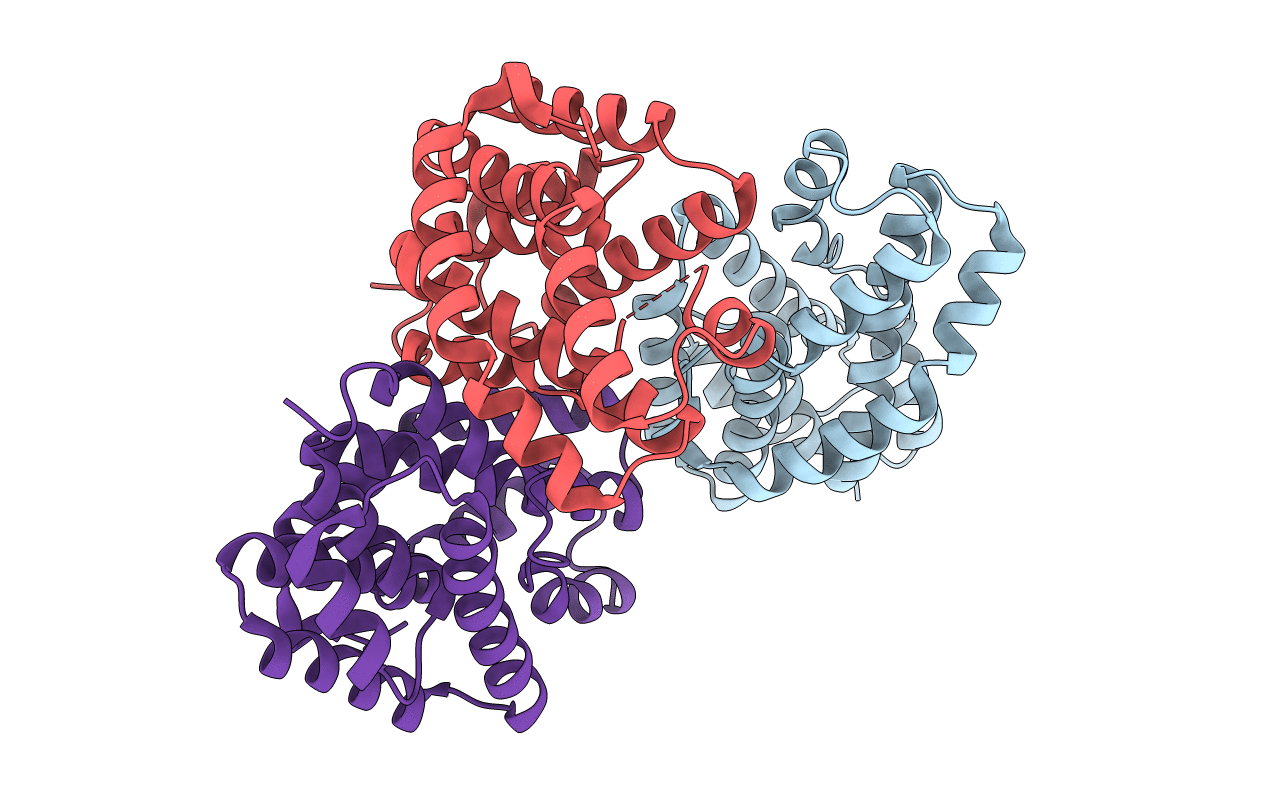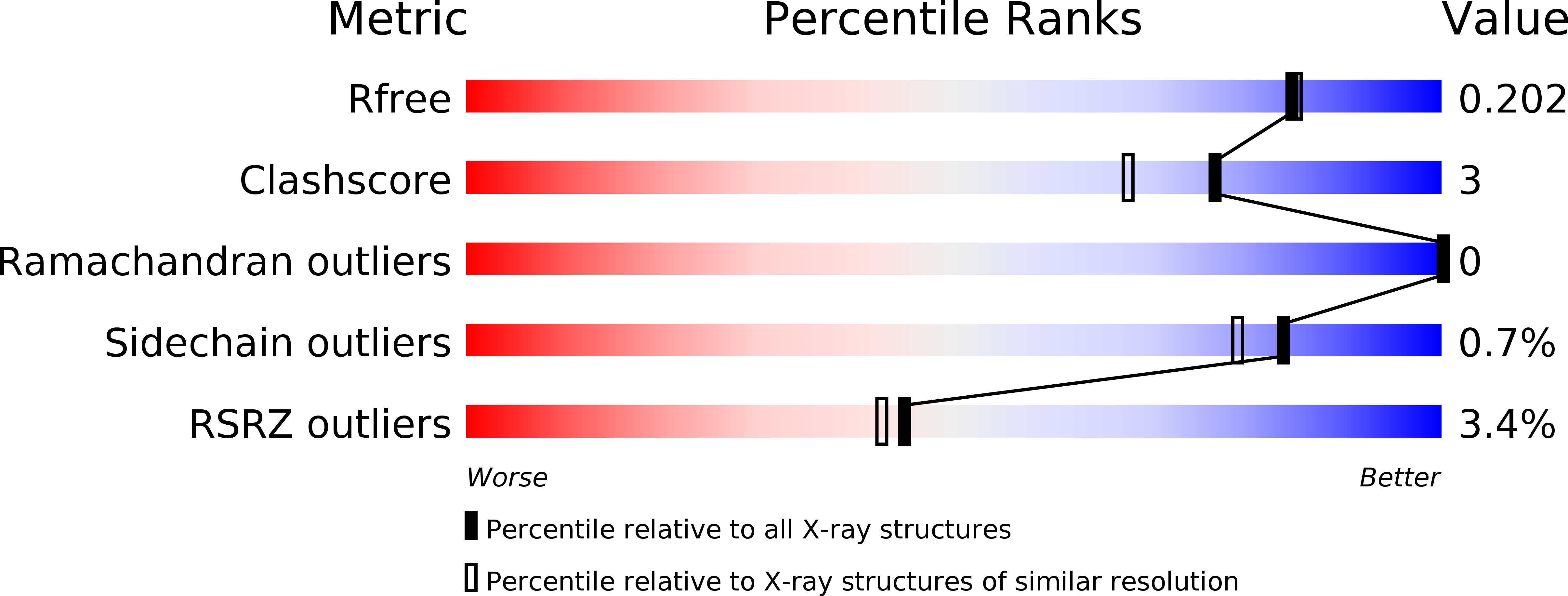
Deposition Date
2010-07-21
Release Date
2010-08-18
Last Version Date
2024-02-21
Entry Detail
PDB ID:
3O1Q
Keywords:
Title:
Native Crystal Structure of Helicobacter pylori Urease Accessory Protein UreF
Biological Source:
Source Organism:
Helicobacter pylori (Taxon ID: 210)
Host Organism:
Method Details:
Experimental Method:
Resolution:
1.85 Å
R-Value Free:
0.20
R-Value Work:
0.16
R-Value Observed:
0.16
Space Group:
C 1 2 1


